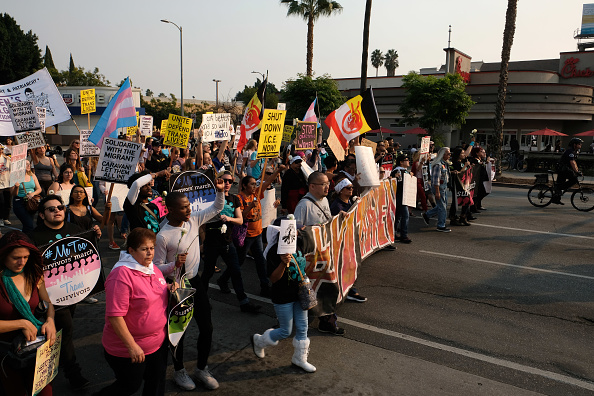NDAs have earned a bad rap, but we can make them fair

It is likely we’ve all had to sign some form of secrecy clause during our careers. In the City, there are many legitimate reasons for confidentiality to exist; protecting trade secrets, intellectual property and confidential information is often essential to securing the future of a business. However, NDAs have increasingly been misused to silence victims of abuse from seeking support or speaking out.
We’ve seen scandal on top of scandal emerging initially through Hollywood and then through to organisations and businesses across the world. The NDA has earned a pretty bad rap for its part in the #MeToo controversies. Last year, Zoe Scaman, an activist in the advertising sector, released her incendiary blog post “Mad Men, Furious Women” exposing more of the misuse of NDAs to silence victims of sexual harassment, discrimination, bullying and abuse in the workplace.
Problems arise wherever there is a major inequality of power between employees and their employers – and it can happen in any sector. Those employers are able to throw money at a problem with the aim of effectively “making it go away.” But there are also often cases where, when trying to protect their legitimate interests, they can wind up silencing victims or even unintentionally protecting abusers in the workplace.
One of the challenges is that of course secrecy clauses are entirely legal and, in fact, essential for many businesses. But these clauses become problematic when they extend beyond protecting business secrets and end up gagging victims – with the added threat that a breach of silence will jeopardise their compensation.
If compensation is paid for past events, which is usually the case regardless of whether an employer admits fault, it shouldn’t tie employees into future secrecy in a blanket way. It also shouldn’t stand in the way of an individual who may need further support.
Clearly, things have gone too far when victims are being deterred from speaking to the police, health professionals or even their own family and friends.
The sad and disturbing truth is that businesses trying to silence workers, with the aim of protecting their own reputations, are often protecting, and in fact enabling, bullies and abusers within their organisations to continue their actions unchecked.
At present, there are no legal changes on the horizon either. The government had committed to legislate in this area “when parliamentary time allows” – in 2019. Suggested changes are likely to invalidate confidentiality clauses preventing employees from speaking to the authorities, as well as removing non-compliant clauses. But there has been little movement from Westminster since then.
The onus is on individual organisations to step forward and make changes to their culture and procedures. Businesses shouldn’t need legislators to tell them when change is needed.
It’s not impossible to do either. A fair NDA clause should include: Absolute freedom to report workplace harassment; where compensation is paid for settling claims for historic issues this has nothing to do with buying the silence of an employee; protection of reputation should apply to the employer only, and should not provide blanket cover for everyone within the business and workers must be offered independent advice, at the employer’s expense, before accepting an NDA.
There’s plenty of work to be done to bring the NDA back to its legitimate beginnings. And to remind employers that settlement agreements should not be there solely to protect the business, but to ensure everyone has a voice.